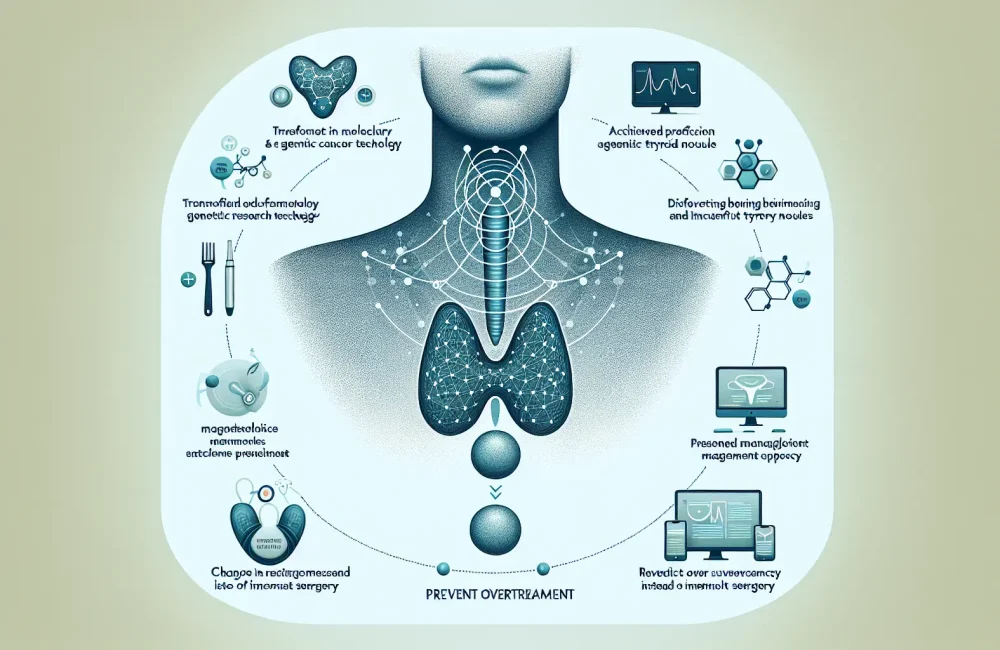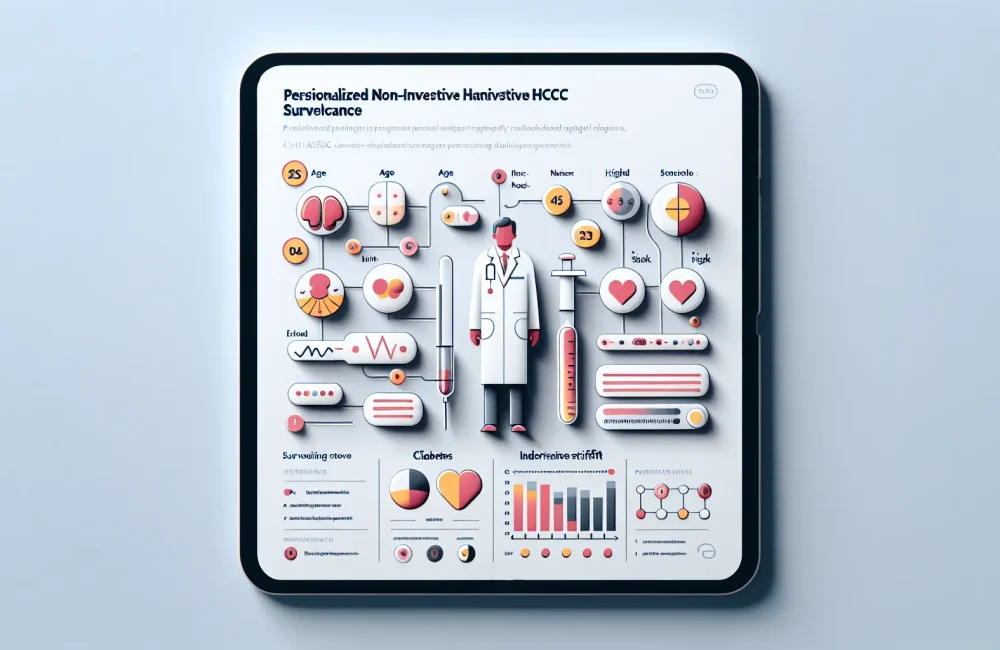By CAFMI AI From Nature Reviews Immunology
Aspirin’s Role in Enhancing T Cell Response
Aspirin, widely recognized for its anti-inflammatory effects, has emerged as a promising adjunct in cancer therapy by enhancing T cell responses to tumors. Recent studies have highlighted aspirin’s ability to modify the tumor microenvironment in a way that supports immune surveillance and cytotoxic activity by T cells. Mechanistically, aspirin influences the production of prostaglandins, lipid compounds that play a critical role in immune regulation within tumor sites. By inhibiting prostaglandin pathways, aspirin facilitates better infiltration and activation of T cells in the tumor, which are crucial for identifying and eliminating cancer cells. This improved T cell function can impede the process of metastasis, which is the spread of cancer cells from the primary tumor to distant organs—a major cause of cancer-related mortality. Clinical implications include the potential incorporation of aspirin as a low-cost, readily available adjuvant therapy to boost the effectiveness of existing cancer immunotherapies. For clinicians, especially in primary care and oncology settings, understanding aspirin’s immunomodulatory role could influence decisions regarding patient management, especially in those at high risk for metastatic disease or in post-treatment surveillance.
Clinical Evidence and Molecular Mechanisms
Extensive research over the past decade has provided accumulating evidence of aspirin’s impact on tumor progression and metastasis, primarily through modulation of the immune system. Experimental and clinical studies demonstrate that aspirin’s inhibition of cyclooxygenase (COX) enzymes reduces prostaglandin E2 (PGE2) synthesis, a molecule known to suppress T cell activity within the tumor microenvironment. As a result, reduction in PGE2 levels restores the capacity of T cells to infiltrate tumors and sustain their cytotoxic functions. This pharmacological effect translates to a decreased likelihood of tumor cells evading immune detection and disseminating to distant tissues. These findings have been corroborated in various cancer types, including colorectal, breast, and lung cancers, suggesting a broad applicability of aspirin’s immunomodulatory properties. Clinical trials are underway to determine optimal dosing strategies and patient populations that may benefit most from aspirin adjunct therapy. Limitations include the variability of response depending on tumor type and patient immune status, as well as risks associated with chronic aspirin use such as gastrointestinal bleeding. Nevertheless, current guidelines are beginning to acknowledge aspirin’s role not only in cardiovascular disease prevention but also in oncological contexts, advocating a personalized risk-benefit assessment when considering aspirin in cancer care protocols.
Integrating Aspirin into Cancer Care: Practical Considerations and Future Directions
For healthcare professionals, particularly those practicing in the United States, incorporating aspirin into cancer care requires thorough clinical consideration. Patient counseling should address the benefits of aspirin in potentially reducing metastatic risk while balancing the known adverse effects, such as bleeding risks, particularly in older adults or those with comorbidities. Monitoring strategies and follow-up protocols are essential to ensure patient safety during long-term aspirin therapy. From a primary care perspective, aspirin could be considered as part of a comprehensive management plan for patients with early-stage cancers or those in remission, especially when combined with immune checkpoint inhibitors or other immunotherapies. Future research aims to refine biomarker-driven approaches to identify which patients will derive the most benefit from aspirin adjunct therapy. Additionally, clinicians should stay informed on ongoing clinical trials and evolving guidelines to optimize therapeutic outcomes. Overall, aspirin’s immunomodulatory potential opens a new avenue for cancer treatment strategies, highlighting the importance of interdisciplinary collaboration between oncologists, immunologists, and primary care providers to enhance patient care and improve prognosis.
Read The Original Publication Here






